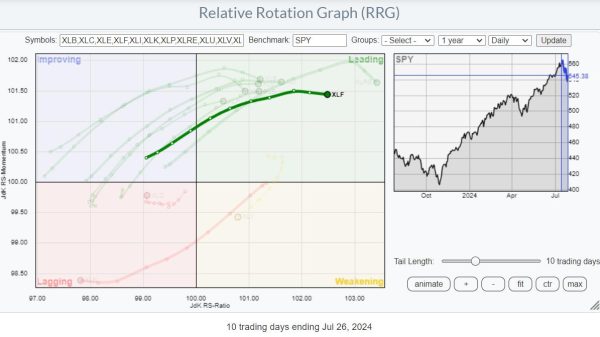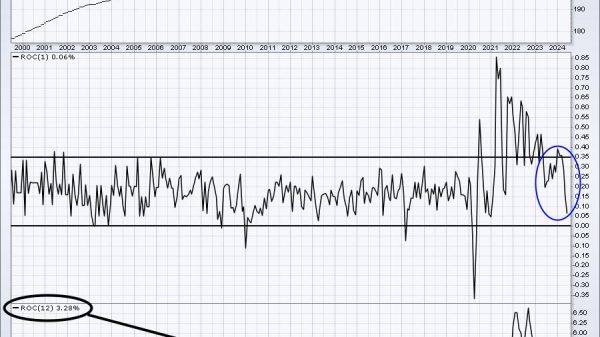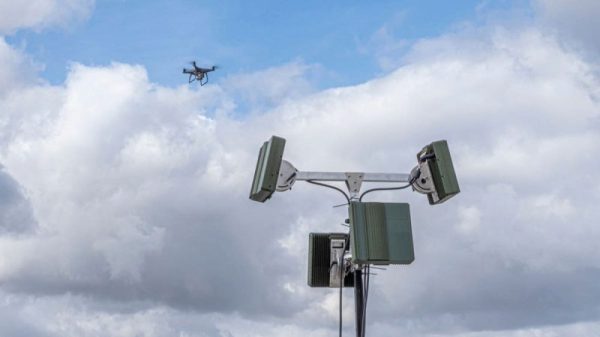Matthew Cavedon

On October 8, 2020, the Detroit police smelled marijuana. That was their reason for ordering Jeffery Armstrong out of a parked car he was sitting in, leading them to find an illegal handgun underneath the passenger seat and arrest him. Armstrong filed a motion to suppress the evidence, arguing that marijuana odor by itself can no longer be probable cause for a search and seizure because Michigan voters have legalized recreational marijuana.
The trial court agreed with Armstrong, granting his motion and dismissing the case against him. The Michigan Court of Appeals unanimously upheld that decision. But then the government appealed to the Michigan Supreme Court.
Cato and the Institute for Justice filed an amicus brief on May 7, 2024 asking the Michigan Supreme Court to affirm the decision to dismiss the case. Searching and seizing Michiganders based on nothing more than the odor of a legal substance is unconstitutional.
Officers have financial incentives to use odor as a pretext for searches and seizures. But Michigan voters legalized marijuana in part to fight such overcriminalization. Holding that the mere odor of marijuana (which is more prevalent now as a result of the vote) provides probable cause would subvert their will.
Read the amicus brief here.





























